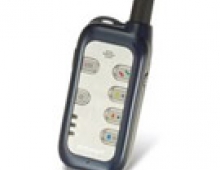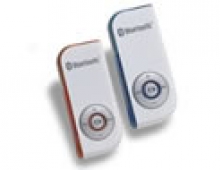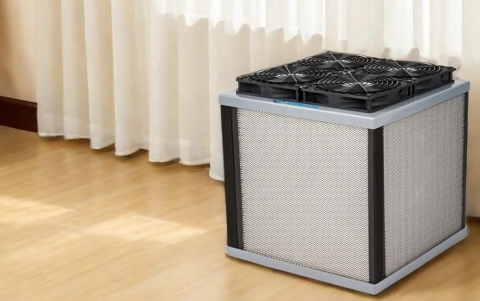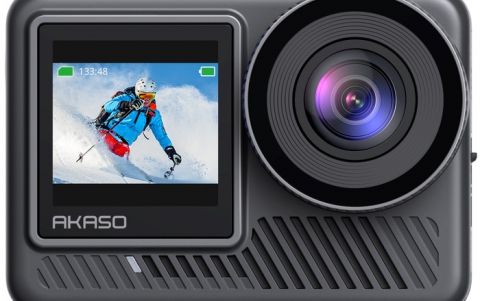Globalsat BT-328 Review
1. Introduction
Globalsat BT-328 - Page 1
- Introduction
![]() After the release of the now infamous BT-338 based on the SiRF III chipset , Globalsat recently announced a new GPS device, the BT-328, this time powered by another SiRF chipset, the GSC2. A general overview and its performance are presented in this review, where we compare it with, none other than the BT-338. Do we have a new winner in the GPS race?
After the release of the now infamous BT-338 based on the SiRF III chipset , Globalsat recently announced a new GPS device, the BT-328, this time powered by another SiRF chipset, the GSC2. A general overview and its performance are presented in this review, where we compare it with, none other than the BT-338. Do we have a new winner in the GPS race?
- Globalsat BT-328
The BT-328 is the latest Bluetooth GPS from Globalsat, built on the latest SiRF GSC2 low power technology. It combines performance with low cost, creating an entry level BT GPS at a very attractive price. Compatible with any device offering a Bluetooth compliant serial interface, it can provide accurate GPS position information for up to 16 hours continuously.

- Features
 • New SiRF GSC2 high performance and low power consumption chipset
• New SiRF GSC2 high performance and low power consumption chipset
• Communications with Host Platform via Bluetooth Serial Profile
• Built-in ceramic patch antenna
• Supports NMEA0183 data protocol
• 3 LEDs to show the status of GPS/Bluetooth/Battery
• Rechargeable Li-ion battery
• Operation time: 16 hours, in continuous mode
• Auto power-off, if Bluetooth is not connected to any devices within 10 minutes
• Bluetooth operation range: 10 m
- Used chipset
The SiRF GSC2 chipset has the following specifications:
Chipset: |
SiRF GSC2 |
Frequency: |
1, 1575.42 MHz |
C/A code: |
1.023 MHz chip rate |
Channels: |
12 channel all-in-view tracking |
Tracking Sensitivity: |
-155 dBm |
Position Accuracy: |
10 meters, 2D RMS |
Velocity: |
0.1 m/s |
Time: |
us synchronized to GPS time |
Default: |
WGS-84 Acquisition Time (Open sky, stationary) |
Reacquisition: |
0.1 sec., average |
Hot start: |
8 sec., average |
Warm start: |
38 sec., average |
Cold start: |
42 sec., average |
Altitude: |
18,000 metres (60,000 feet) max. |
Velocity: |
515 metres/second (1000 knots) max. |
Acceleration: |
Less than 4g |
Jerk: |
20 m/sec |
Protocol messages: |
NMEA 0183 protocol |
Output format: |
Supports command: GGA, GSA, GSV, RMC, VTG, GLL (VTG and GLL are optional) |
Operating temperature: |
-20° to 60° C |
Humidity: |
5% to 95% Non-condensing |
Looking at the SiRF GSC2 specs and compared with the SiRF III, we notice the following:
- SiRF GSC2 chipset doesn't support WASS/EGNOS
- SiRF GSC2 chipset supports 12 channels whereas the SiRF III 20 channels all in view
- SiRF GSC2 chipset hot start time is 8secs whereas the SiRF III is 1 sec
- BT-328 has 16 hours whereas the BT-338 17 hours operation time
- BT-328 is smaller (thinner) than the BT-328 and lighter in weight



















